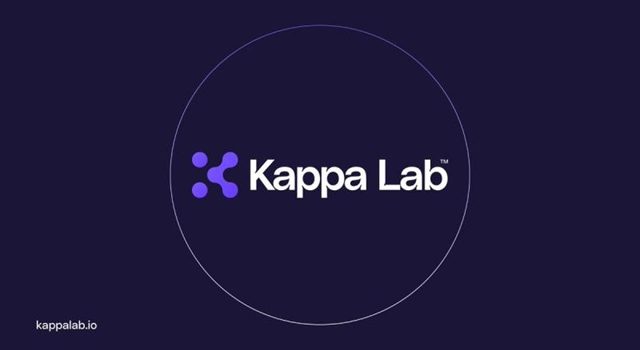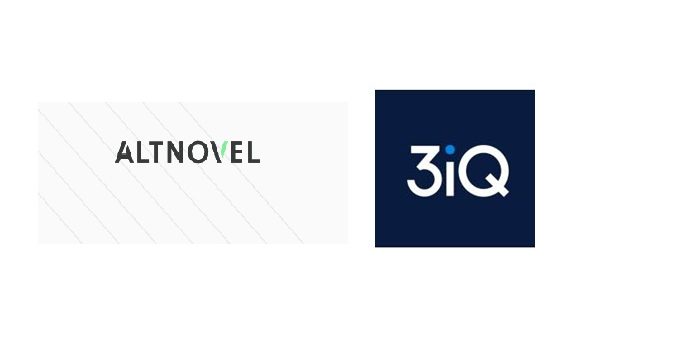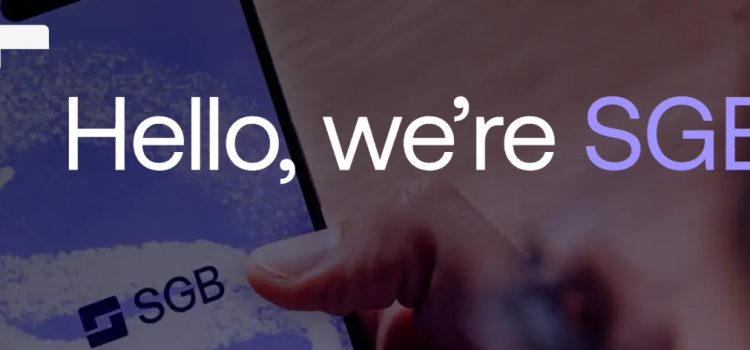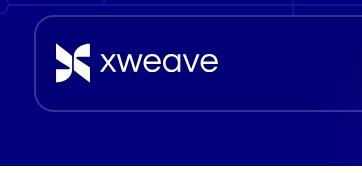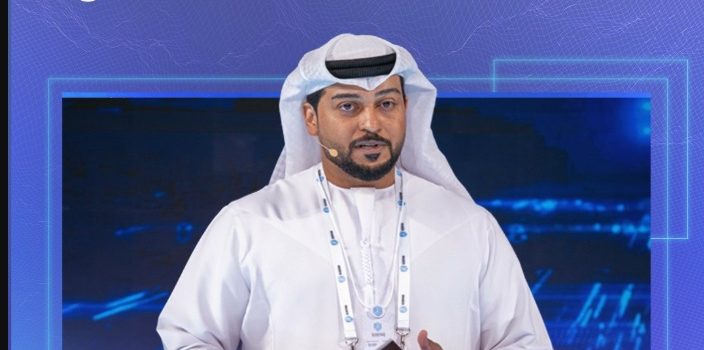
Crypto.com exchange, a regulated crypto exchange operating out of Dubai UAE, has partnered with Emarat Energy Company to offer crypto payment options at select Emarat service stations. As per the LinkedIn post the expansion depends on regulatory approvals and customer demand.
Emarat runs more than 155 service stations across the UAE. The setup of crypto fuel stations signals a shift towards new payment methods. This aligns with industry moves toward contactless payments and better customer service. Emarat hopes to modernize its retail model and appeal to tech-savvy consumers. It also aims to boost its image among digitally aware customers.
The partnership will see Crypto.com integrated at an initial 10 service stations, with plans to progressively expand the integration across the Emarat service station network.
Additionally, through Project Landmark—the first project providing naming rights for fuel stations in the world by Emarat, Crypto.com and Emarat will unveil the Crypto.com Emarat Service Station at Emarat’s Al Ameen Station in Al Wasl Road, a signature service station branded by Crypto.com and supported by the Crypto.com integration.
“Further enabling the utility of cryptocurrency is central to our vision at Crypto.com,” said Mohammed al Hakim, President of Crypto.com UAE. “The UAE is a cryptocurrency market leader, and we are excited to partner with Emarat, the region’s leading petroleum brand and serving tens of thousands of customers every day, in bringing digital assets into its next era.”
Ali Bin Zayed Al Falasi, Chief Retail Officer & Senior Vice President – Marketing at Emarat, said, “At Emarat, we are constantly exploring new frontiers in innovation and customer experience. This partnership with Crypto.com introduces a new era of convenience and possibility for our customers, while strengthening our position as a future-focused brand. Together, we’re bridging the gap between energy retail and emerging financial ecosystems.”
Crypto.com users and Emarat customers will be able to enjoy additional benefits of the partnership, having exclusive offers and a mutual promotional program to uplift customers’ experience.
The UAE has been at the forefront of Blockchain and crypto, with many real estate developers offering crypto payments and most recently one of the biggest investments in the UAE, the $2 billion investment into Binance being carried out using a stablecoin.










